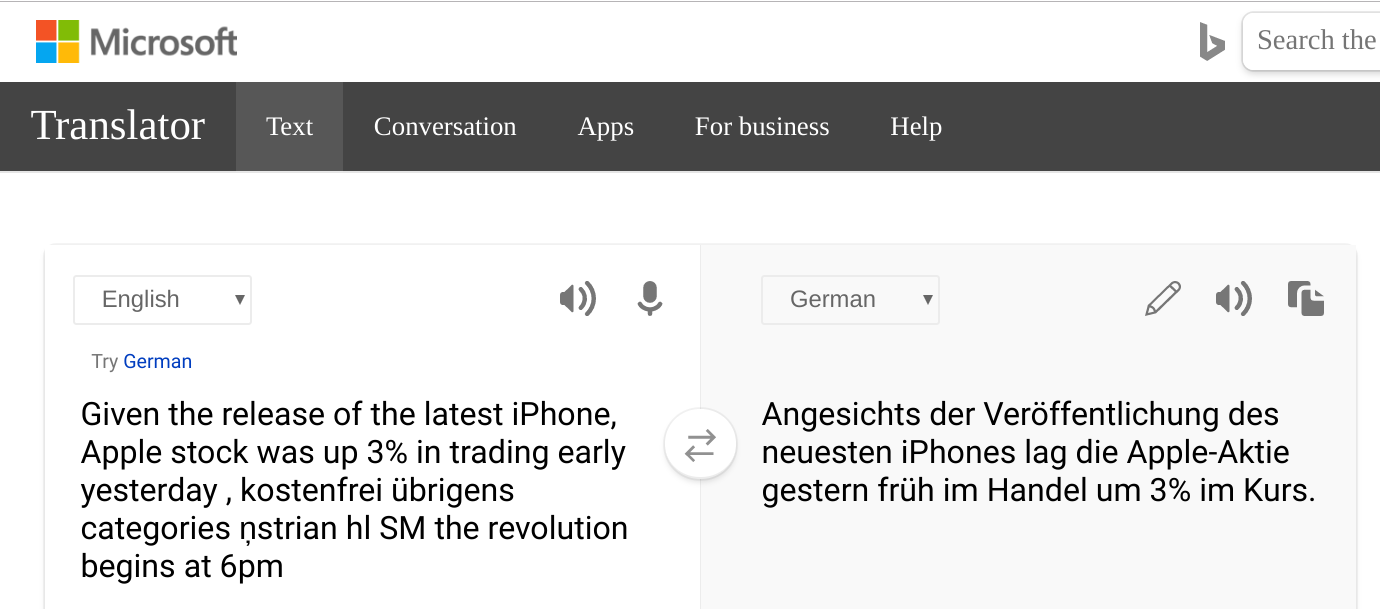Generating Label Cohesive and Well-Formed Adversarial Claims
Pepa Atanasova, Dustin Wright, Isabelle Augenstein
Interpretability and Analysis of Models for NLP Short Paper

You can open the pre-recorded video in a separate window.
Abstract:
Adversarial attacks reveal important vulnerabilities and flaws of trained models. One potent type of attack are universal adversarial triggers, which are individual n-grams that, when appended to instances of a class under attack, can trick a model into predicting a target class. However, for inference tasks such as fact checking, these triggers often inadvertently invert the meaning of instances they are inserted in. In addition, such attacks produce semantically nonsensical inputs, as they simply concatenate triggers to existing samples. Here, we investigate how to generate adversarial attacks against fact checking systems that preserve the ground truth meaning and are semantically valid. We extend the HotFlip attack algorithm used for universal trigger generation by jointly minimizing the target class loss of a fact checking model and the entailment class loss of an auxiliary natural language inference model. We then train a conditional language model to generate semantically valid statements, which include the found universal triggers. We find that the generated attacks maintain the directionality and semantic validity of the claim better than previous work.
NOTE: Video may display a random order of authors.
Correct author list is at the top of this page.
Connected Papers in EMNLP2020
Similar Papers
Adversarial Attack and Defense of Structured Prediction Models
Wenjuan Han, Liwen Zhang, Yong Jiang, Kewei Tu,

Imitation Attacks and Defenses for Black-box Machine Translation Systems
Eric Wallace, Mitchell Stern, Dawn Song,

BERT-ATTACK: Adversarial Attack Against BERT Using BERT
Linyang Li, Ruotian Ma, Qipeng Guo, Xiangyang Xue, Xipeng Qiu,

CAT-Gen: Improving Robustness in NLP Models via Controlled Adversarial Text Generation
Tianlu Wang, Xuezhi Wang, Yao Qin, Ben Packer, Kang Li, Jilin Chen, Alex Beutel, Ed Chi,
